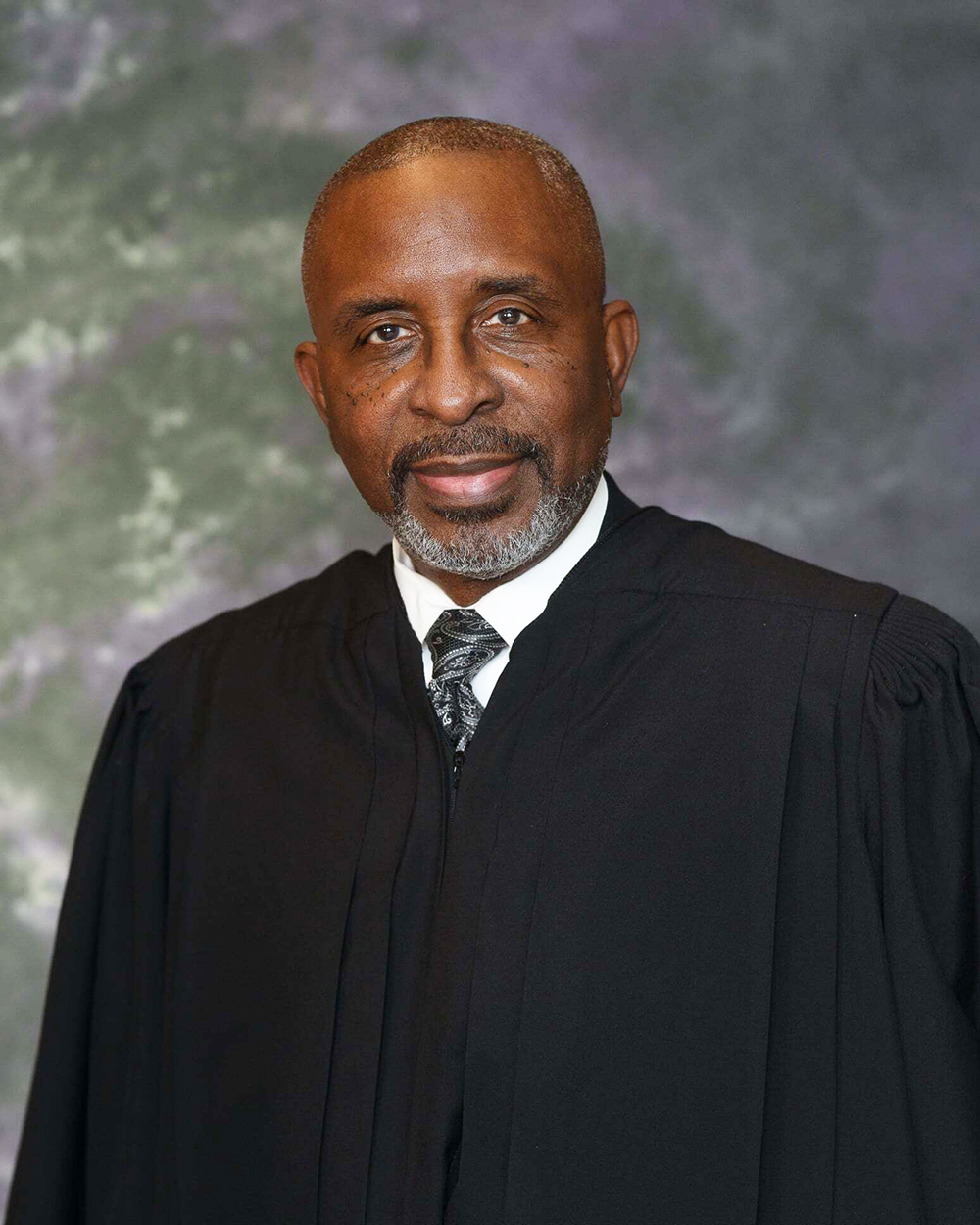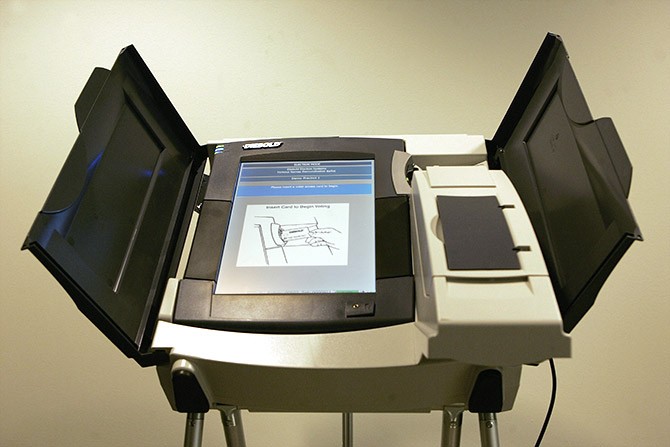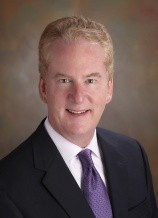Between the 18th of this month, a Thursday, and the 22nd, a Monday, there will fall one business day and a weekend. Within that brief period, the political history of Memphis for at least four years — and maybe longer — could well be determined.
The 22nd is the first date on which candidate petitions for the October 5th city election will be made available by the Shelby County Election Commission. The 18th, four days prior, shapes up as a day of judgment for candidate eligibility. On that date, the long-festering issue of residency requirements for mayor will be resolved, one way or the other, in the courtroom of Shelby County Chancellor JoeDae Jenkins.
So indicated His Honor on Monday. His fateful announcement, made at the close of a hearing on the residency matter, followed an equally eventful one from Memphis city attorney Jennifer Sink, rendered in Jenkins’ courtroom by Michael Fletcher, a lawyer for the city. In essence, Sink said via Fletcher that an opinion she had requested weeks ago from attorney Robert Meyers reflected city policy, reversing a statement she made last month in which she declined to go that far.
The Meyers opinion had cited language in an 1895 city charter mandating a prior residency in Memphis for a period of five years for candidates for mayor. That opinion, published on the Shelby County Commission website, generated significant turmoil, including litigation from two announced candidates — Sheriff Floyd Bonner and NAACP president Van Turner — challenging such a mandate.
Bonner and Turner, whose suits were later combined, insist that Memphis voters approved a superseding referendum in 1996 that did away with a prior-residency requirement for both mayoral candidates and candidates for the city council, and that several city elections had been held since under the new standard. (Indeed, several current members of the council could not have passed a five-year requirement for prior residency.)
As for Sink’s apparent change of mind, lawyers for the litigants point out that the city doesn’t administer elections; the Election Commission does, which had meanwhile dropped Meyers’ opinion from its website.
In danger of invalidation, Bonner and Turner, who until recently lived just outside the city, are joined by former Mayor Willie Herenton, a sometime resident of Collierville in recent years. Ironically, all three were basically tied for the lead in the only mayoral poll made public so far.
One clear beneficiary of their ouster (though he has steered clear of the controversy) would be Downtown Memphis Commission CEO Paul Young, who by a wide margin would lead the rest of the declared field in fundraising. Two other mayoral hopefuls, businessman J.W. Gibson and School Board member Michelle McKissack, have declared themselves in favor of the Meyers opinion.
In the wake of Monday’s events, Bonner issued a ringing statement which said in part: “The voters of Memphis voted in 1996 to do away with a dated residency requirement from the 1800s, and we are fighting to make sure the people’s voice is heard.” Turner also responded: “It is unfortunate that some group of insiders are trying to decide the election instead of letting the will of the voters play out. … [W]e will continue to prepare for our day in Court on May 18, and we will continue to campaign on the issues and not the distractions.”


